Why We Should Teach Mindfulness to Kids
Posted on November 24, 2014 by Debra Burdick
Why should we teach mindfulness skills to kids? Mindfulness can directly improve the lives of kids in significant ways. Some of the benefits suggested by the latest research include:
- Increased emotional regulation
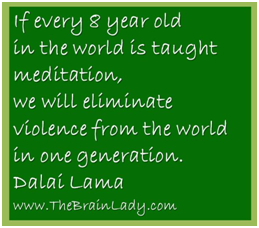
- Increased social skills
- Increased ability to orient attention
- Increased working memory and planning and organization
- Increased self esteem
- Increased sense of calmness, relaxation, and self-acceptance.
- Increased quality of sleep
- Decreased test anxiety
- Decreased ADHD behaviors- hyperactivity and impulsivity
- Decreased negative affect/ emotions
- Decreased anxiety, decreased depression
- Fewer conduct and anger management problems
Look at this list again. Do you have a child or do you help a child who has challenges in any of these areas? If so, it might be time to teach them some mindfulness skills. Click here to find excellent mindfulness resources including books, CDs and teletrainings.
Here are 2 examples of how mindfulness skills helped some kids in my private practice.
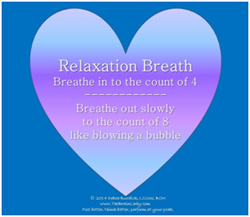 Relaxation breath and anger. A 10-year-old boy with autism experienced severe and sometimes physically violent angry meltdowns. After he learned Basic Relaxation Breathing (Tool 6-4 in Mindfulness Skills for Kids and Teens) he was often able to head off the intense meltdowns by taking three or four deep breaths in through his nose and blowing out slowly through his mouth. This would calm down his anger and help him with self-regulation. In fact he started teaching his classmates the skill.
Relaxation breath and anger. A 10-year-old boy with autism experienced severe and sometimes physically violent angry meltdowns. After he learned Basic Relaxation Breathing (Tool 6-4 in Mindfulness Skills for Kids and Teens) he was often able to head off the intense meltdowns by taking three or four deep breaths in through his nose and blowing out slowly through his mouth. This would calm down his anger and help him with self-regulation. In fact he started teaching his classmates the skill.
“Change the channel” and anxiety. A 7-year-old girl was so intensely anxious about just about everything that the school was considering an out-of-school placement. Her anxiety interfered with her ability to learn, and her peers found her an easy target to bully and tease. The first time I met with her I taught her what anxiety is. Then I told her how it sounded to me like she was watching her anxiety channel all the time. She smiled and said, “yes, I sure am.” I asked her if she could choose to watch a channel that made her feel happy, what would she put on that channel? She said, “I love to dance. I would put dance on my happy channel.” I told her that next time she noticed she was feeling anxious to imagine that she was taking out her remote control and pressing the button to change the channel from her anxiety channel to her happy channel and watch that instead.
By the next week her anxiety had diminished dramatically. She was doing better in school and some of her old friends were being nice to her. Within 2 weeks her anxiety was GONE! Her brain quickly rewired when she simply practiced changing the channel when she noticed she felt anxious. I am always amazed at how quickly and powerfully this technique can work, even for young kids. This is Tool 14-4 in Mindfulness Skills for Kids &Teens: A Workbook for Clinicians and Clients.
There are many skills that kids and teens can learn and practice that will give them the benefits on the list above. These skills can include Mindfulness of Breath, Mindfulness of Surroundings, Mindfulness of Physical Body, Mindfulness of Thoughts, Mindfulness of Emotions, Mindfulness of Tasks and many more. Kids as young as 2 can start learning age appropriate mindfulness skills. With practice they may eventually be able to do a brief, formal sitting practice, otherwise known as meditation.
By teaching kids and teens to incorporate mindfulness skills into their daily life we will help them gain all the benefits of mindfulness for the rest of their lives. Whether you are a parent, a teacher, a clinician or anyone in the helping professions you can have a significant impact on the kids and teens you work with by teaching them simple, everyday mindfulness skills.
For more information about mindfulness for kids and teens visit TheBrainLady.com
I would love to hear your personal experiences with this topic.

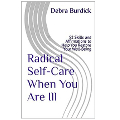
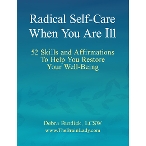
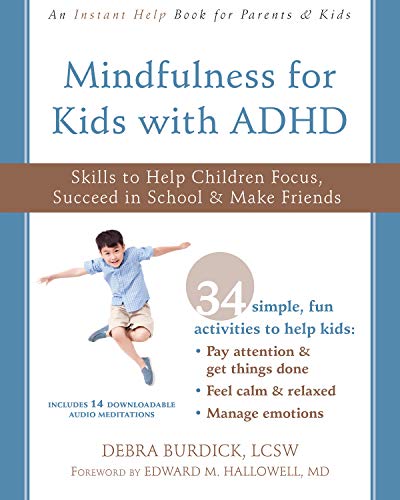
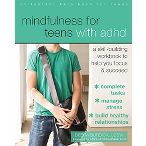
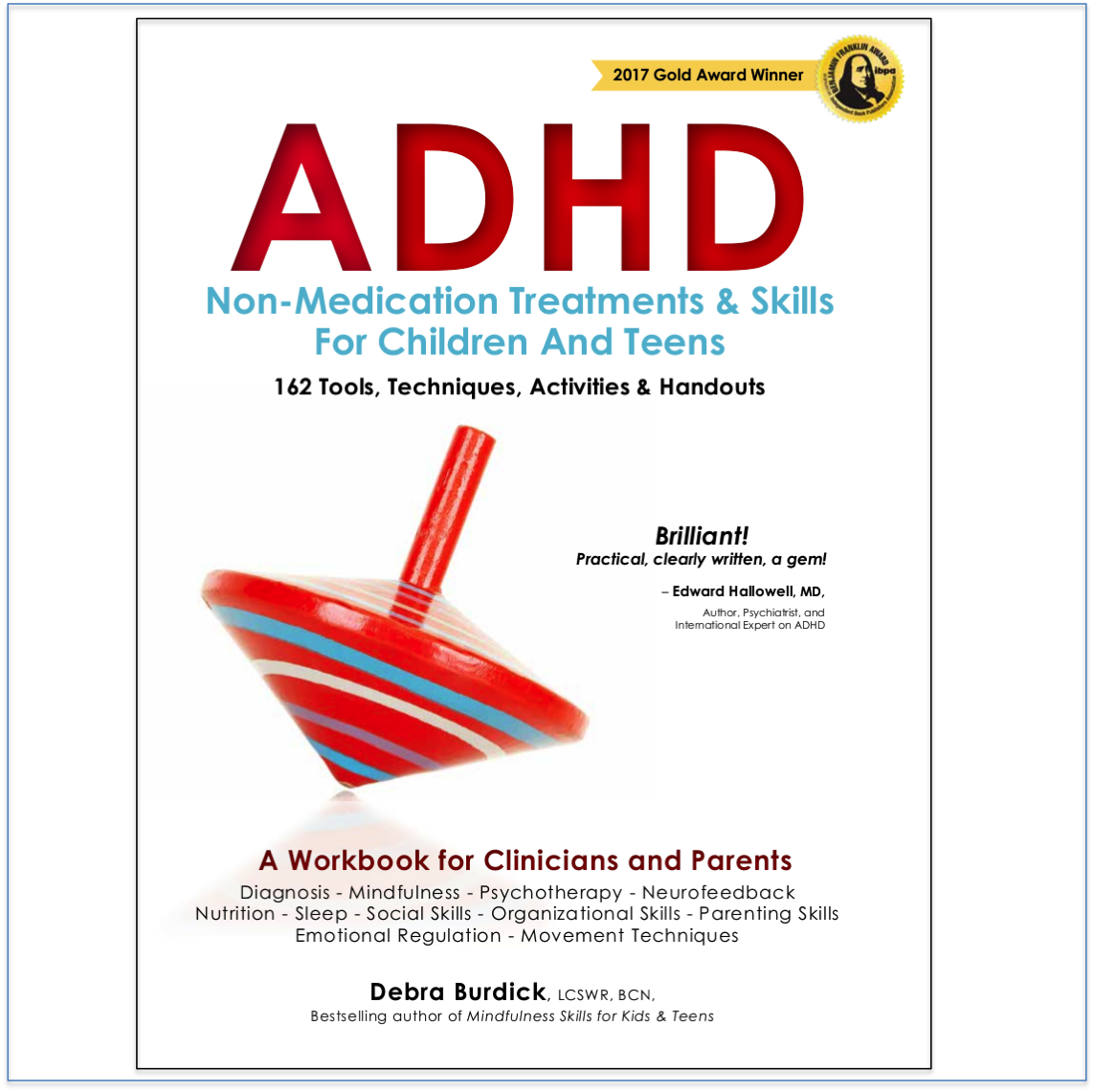
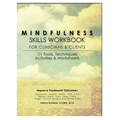
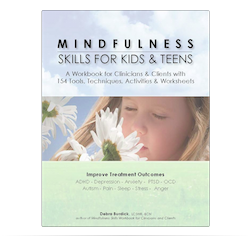
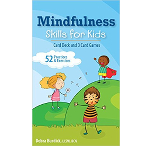
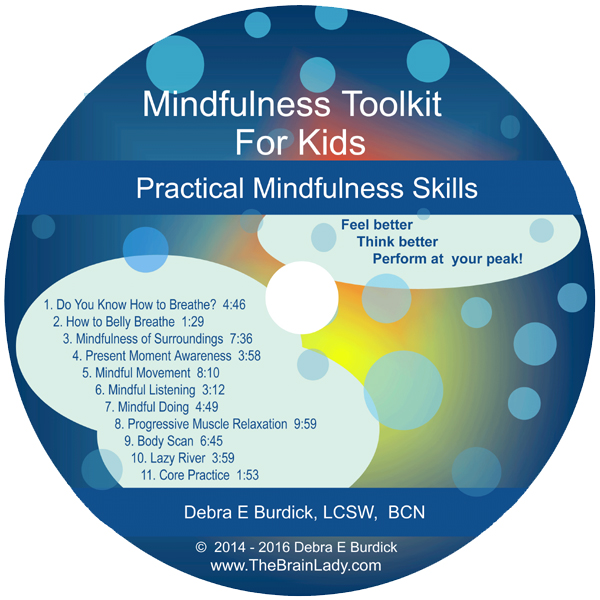
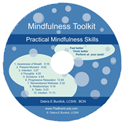
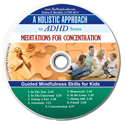
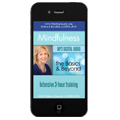
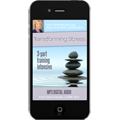
One comment
Thanks for your sharing!
The comments are closed.